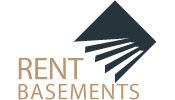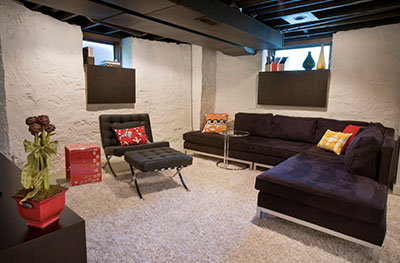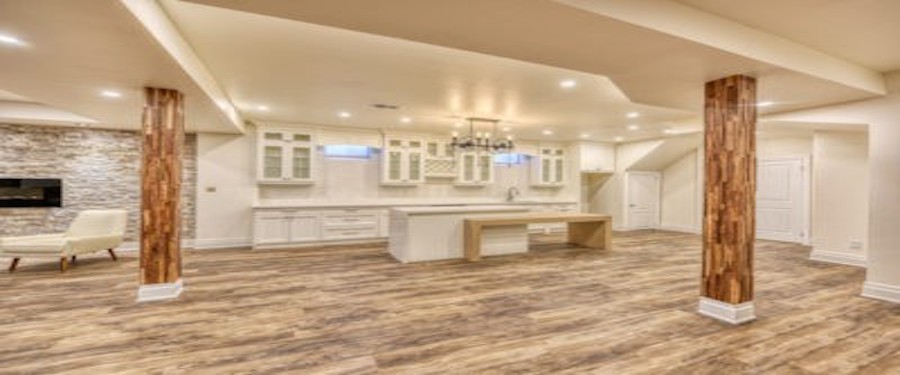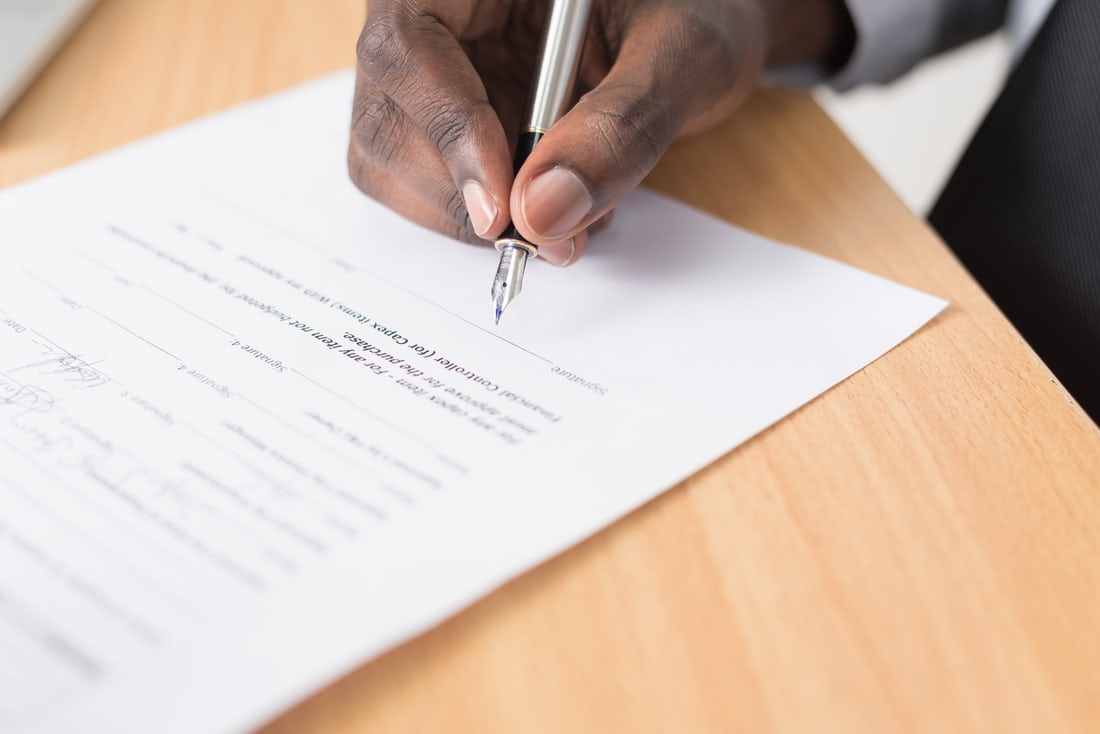One of the most frequent questions I get in my work as a home inspector is whether particular secondary suites—including basements and in-law apartments—are legal.
Toronto is a city of high-rises. But it’s also packed with homes that were built early in the 20th century and in the post-war boom following World War II. And due to high demand for housing, it’s not uncommon for homeowners to wonder whether they can earn some extra income by renting out unoccupied space.
Many secondary suites in the city are operated without official approval. These properties are not inspected, not licensed, and often fail to hold adequate insurance and meet health and safety inspections. Whether you want to convert a pre-existing space to a secondary suite or buy a property with the intention of renting, cover your bases by ensuring you meet provincial and municipal regulations.
There is only one thing you must have to make a secondary suite legal: paperwork. You will need the appropriate certificate, license or registration required by your city. But before you start the formal process of checking your apartment’s legality, look at these guidelines to make sure your secondary suite fits the initial requirements.
Basic requirements for a legal secondary suite:
The province of Ontario defines second units as “self-contained residential units with a private kitchen, bathroom facilities, and sleeping areas within dwellings or within structures ancillary to a dwelling.”
Before an existing secondary suite can be approved, it needs to meet certain requirements:
- The unit must be in a detached or semi-detached building that is smaller than the primary residence (there are separate requirements for row houses) with its own kitchen, bathroom, sleeping area and private entrance (solid wood or metal, 32″ x 78″ x 1.75″ minimum).
- The primary residence must be at least five years old.
- The façade of the home cannot change drastically to accommodate a secondary suite.
- The unit must have an appropriate number of parking spaces (specific parking ordinances vary by municipality).
- The ceilings must be an appropriate height—at least 6’5” for retrofitted apartments and 6’11” for new buildings.
- The unit must have an appropriate number of fire and carbon monoxide alarms and other safety protections.
- The unit must have the appropriate exits and egress windows. For units on the second storey and above, this means they must have at least one door to the exterior or an openable window of at least 6 square feet. Basement units require an entrance and either a second exit door or an openable window of at least 4 square feet, unless the entrance leads directly to the exterior and is at the floor level of the unit, in which case, the unit may not require a second means of egress at all.
Keep in mind, these are the basic requirements for a legal secondary unit. Many requirements are set on an individual basis by your municipality. Check local requirements before you proceed.
To read more about Ontario requirements for secondary units, start by visiting the Ontario Ministry of Housing’s information page. Also, take a look at the Second Suites page run by the Landlord’s Self-Help Centre. And in Toronto, you can start by checking the City Zoning By-law to see if your neighborhood allows for “secondary suites” under “permitted use.” Their interactive map makes it relatively easy to see what zone category your property falls into.
Consequences of illegal secondary suites
Secondary suites must not only meet basic provincial and municipal requirements, but must also pass a building inspection, fire inspection, and Electrical Safety Authority (ESA) inspection (you can find a list of required inspections here). You must also confirm you meet the area’s zoning by-laws, purchase adequate building insurance, and pay the appropriate registration fees, if applicable.
Failing to ensure your secondary suite meets legal requirements puts the landlord at risk. Apartments that do not pass inspections put tenants at greater risk of fire, increase the risk of unsafe utility connections, and lead to overloaded utilities, garbage, and parking. You may not be able to get adequate home insurance. And in a worst-case scenario, you may be fined, sued, or go to jail.
Ontario encourages property owners to offer secondary units—but only if they meet requirements that ensure the safety of tenants and neighbors.
If you are interested in purchasing a property for the purpose of renting out its secondary unit, always follow the proper steps to ensure the unit is legal before buying. Start by asking the homeowner and realtor about the apartment’s legal status. If they cannot verify legal status, do your own legwork to have the building inspected before you purchase.
A home inspection is your first step
No one can tell you definitively that your secondary suite is legal except the proper authorities. But if you want to start the discovery process begins by getting a home inspection. Although my team and I do not inspect for code compliance, before considering renting a secondary suite you should ensure the home is in good working condition and does not pose health or safety issues.
That will give you an opportunity to make necessary repairs and we can help you figure out what’s needed to get your space ready for renting, including referring you to the appropriate authorities and consultants who specialize in this area.
We would love to help you begin the process of renting your legal secondary suite. Schedule a home inspection here—it takes less than a minute to schedule!—and we’ll be in touch promptly.
For more information visit: HouseMasterToronto.com






